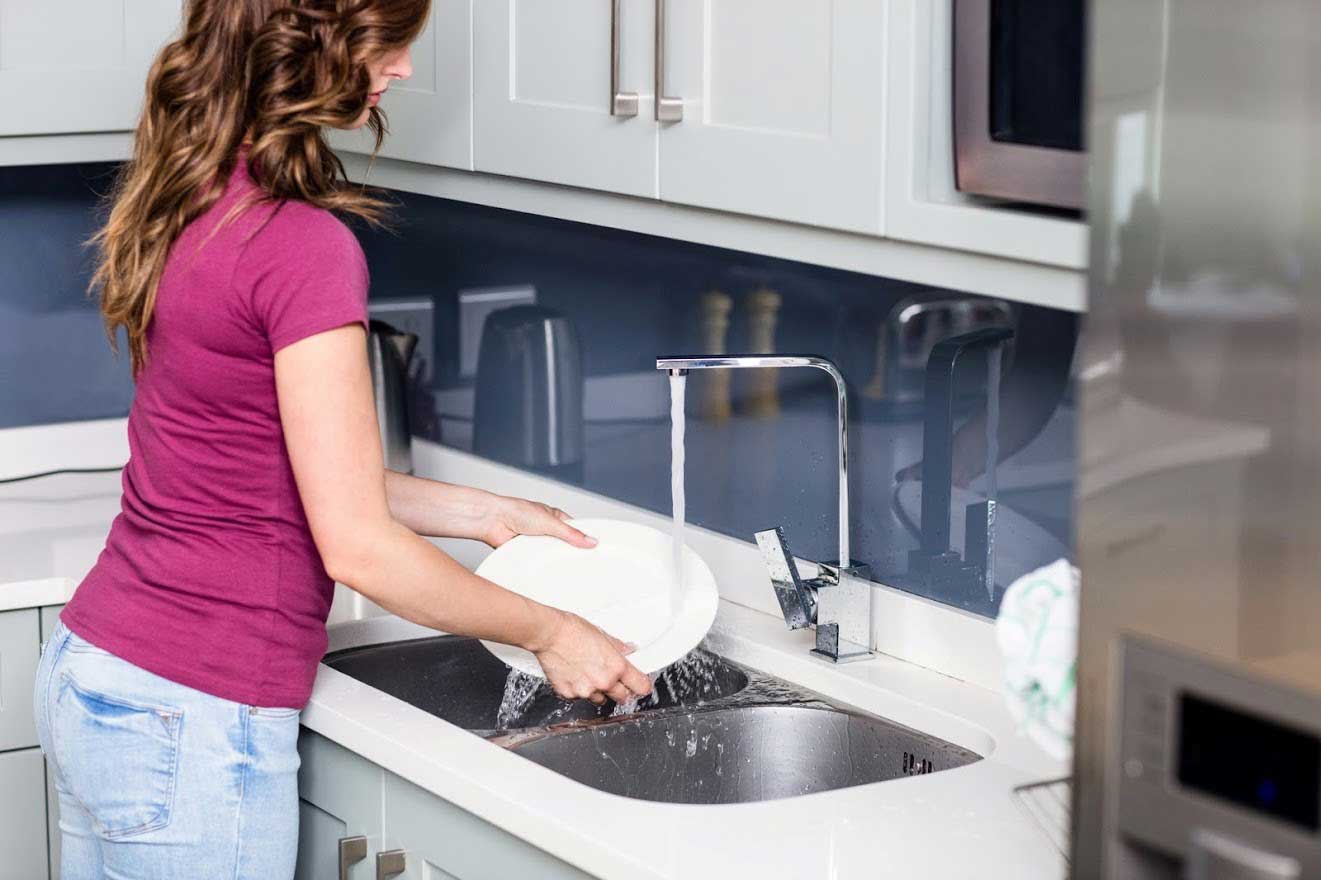HOW THE COVID-19 PANDEMIC CAN IMPACT YOUR SEPTIC TANK
The COVID-19 pandemic has impacted almost everyone’s life. From jobs to everyday living, people are still learning about ways the pandemic has changed things. Unfortunately, the pandemic could have also caused major changes to a septic system.
Whether you have problems already or small signs of problems for the future, be aware of some of the potential issues that arise and ways to fix the problems. These issues stem from a lot of the habits that may have changed as a result of the pandemic.
Tank Overuse
A septic tank can only handle so much water flow at one time. When everyone in your household is home at all times of the day, the water flow could increase dramatically and cause a septic tank to flood.
With school and jobs shifted to remote connections, everyone is at home. You could have multiple showers throughout the day, excessive flushing, and a major increase in sink use. When a septic tank overflows, you may notice it in two locations. The first is the backyard. Large puddles or wet ground may form where the septic tank is buried.
When the large puddles appear, it means the septic water has leaked and risen above the grass. If everyone in the house spends extended time at home, then you will want to spread out excessive water use.
Consider a scattered shower schedule. For big appliances like dishwashers and washers, use an alternating schedule. You can use the washer in the mornings and the dishwasher at night. The more you spread out the water use, the better health your septic tank will have.
Write out a daily water use tally to determine how much water your home actually uses. Using the list, you can determine ways to reduce water. Professional cleaning of the septic tank in Reno NV will also help remove any sludge or build-up in the tank and give the tank extra space for water build-up.
Quarantine Pods
To help with social skills and daily interaction, many families have combined to form quarantine pods. The pods are groups of people who either have decided to live together or limit visits to just the two households. If you have increased the number of people in your home, your septic tank may not handle all of the water use.
Even with spread out water-use schedules, septic tanks are typically sized for a specific amount of people. In many homes, the septic tank size reflects the number of people expected to live in a home.
For example, a three-bedroom house may include a septic tank capacity ideal for five to six people. If you have other people who stay with you, the extra flushes and sink use could create too much water use. A plumbing company can evaluate your current septic tank size and install an even larger septic tank to handle a bigger capacity for years to come.
Food and Grease
Due to the pandemic, many families are cooking at home more or having food delivered directly to the house. The increase of food at home also means an increase in food waste. As you rinse off plates and bowls, food particles and grease can go through the plumbing. Grease build-up present problems for your plumbing, but also causes septic tank issues.
The build-up may not occur overnight, but as the pandemic goes on month after month, so do the chances of a grease build-up. When liquid grease, cools and dries, it sticks to the sides of a septic tank and other particles get caught inside.
Many septic tanks have an effluent filter to prevent grease build-up, but an excess amount of grease can cause the filter to clog and allows grease to push into the tank. An annual septic tank cleaning will help keep the tank clean and clear of grease.
When grease does flow into a septic tank, the cooled fat will typically float on the top of septic tank water in an area known as the “scum” layer. If the scum layer becomes too thick, the grease can push down into the outlet pipe and cause clogs. When the outlet pipe is clogged, a septic tank cannot properly drain.
Ideally, you want to leave grease out of the drains and keep excessive food waste out of a sink. Use a large metal can to store grease until it cools or rely on a compost bin for all of your food waste.
Another option to consider is the installation of a grease trap. When you do dishes and clean off pans, you cannot avoid grease going down the drain. A grease trap will capture grease directly underneath the sink so you do not need to worry about grease entering the septic tank. With regular cleaning, you can keep grease out of the plumbing system.
For help with all your septic tank and plumbing needs, contact us at Easy Rooter Plumbing. We will help you get through the pandemic and your lifestyle changes with a fully operational septic tank.



